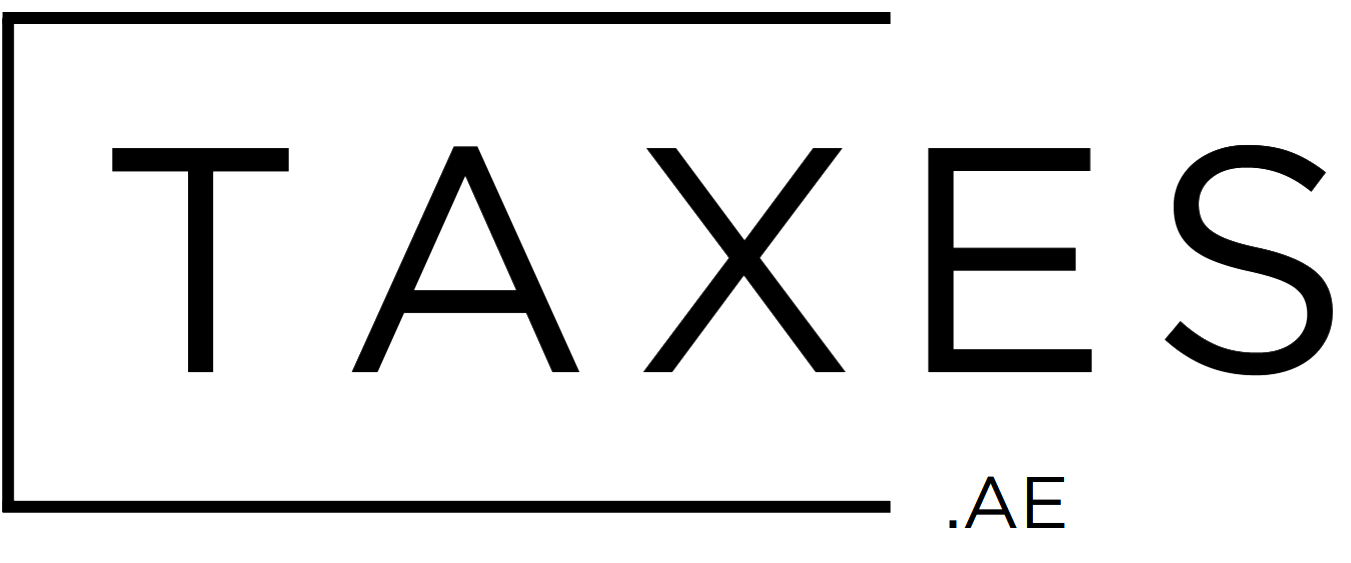How VAT Impacts Business Operations in the UAE
Value Added Tax (VAT) is more than just a compliance requirement—it influences key aspects of business planning and operations in the UAE.
From cash flow management to pricing strategies and business structure decisions, VAT plays a significant role in shaping financial and operational strategies.
How VAT Affects Business Structures
| Business Type | VAT Implication | Key Considerations |
|---|---|---|
| Mainland Companies | Subject to full VAT obligations | Ensure VAT registration and quarterly filings |
| Free Zone Entities | VAT treatment depends on whether in a “designated zone” | Check FTA rules on exempt or standard VAT status |
| Branch & Subsidiaries | May require separate VAT registrations | Evaluate VAT grouping options for tax efficiency |
Pricing Strategies and Competitive Positioning
VAT can directly impact how businesses price their products and services. Companies must carefully balance compliance with maintaining competitive pricing:
- Re-evaluating price structures to account for VAT.
- Deciding whether to absorb VAT or pass it to customers.
- Monitoring competitor pricing strategies to stay competitive.
Cash Flow and Working Capital Management

VAT collection and remittance can create financial strain, especially if payments are due before revenue is collected. Businesses should:
- Plan for VAT remittances to avoid cash shortages.
- Optimize invoicing and payment cycles to ensure VAT obligations are met.
- Negotiate supplier and customer payment terms with VAT in mind.
VAT & Financial Forecasting Checklist
| Revenue Projections | Adjust revenue models to account for VAT on sales and expenses. |
| VAT Refunds | Factor in input VAT recovery to optimize cash flow. |
| Capital Expenditure | Plan major investments with VAT efficiency in mind. |
| Regulatory Updates | Stay updated on VAT changes that could impact future forecasts. |
| Liquidity Reserves | Ensure adequate reserves to cover VAT obligations without disrupting operations. |
Final Thoughts
VAT is not just about compliance—it plays a central role in business tax planning and operational decision-making. Proper VAT management can help businesses optimize cash flow, improve supply chain efficiency, and make informed strategic decisions for future growth.



